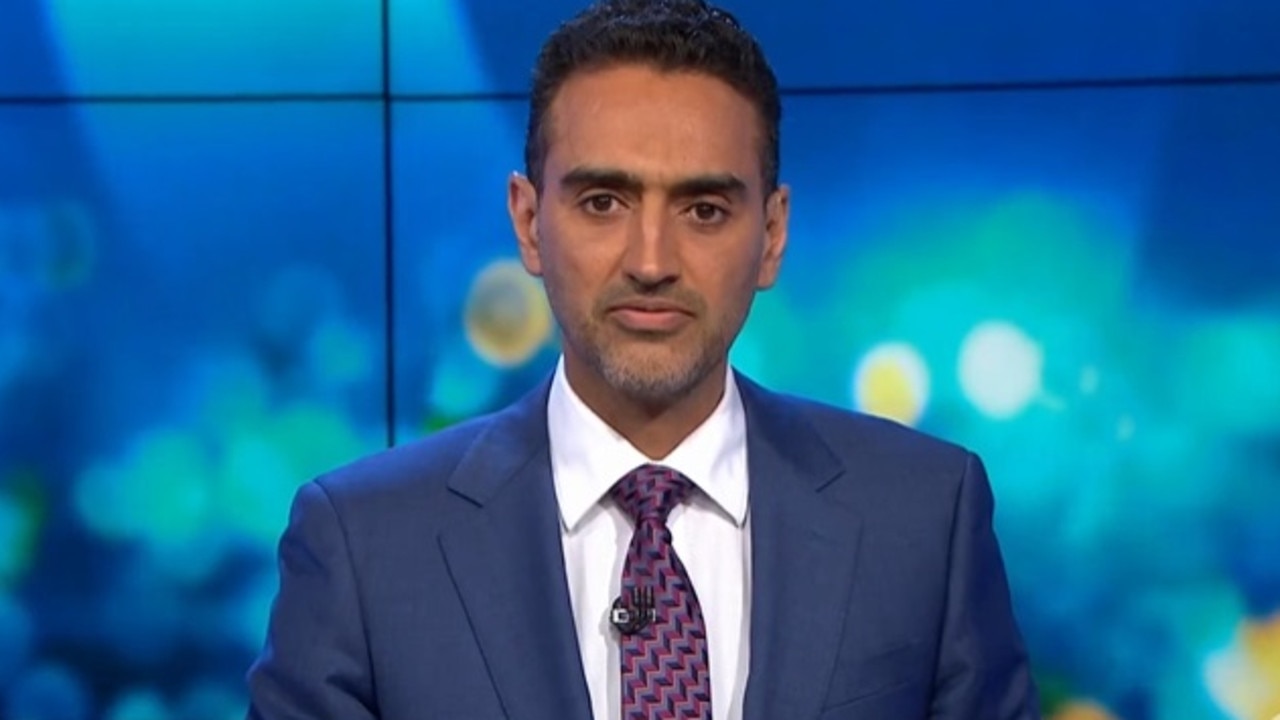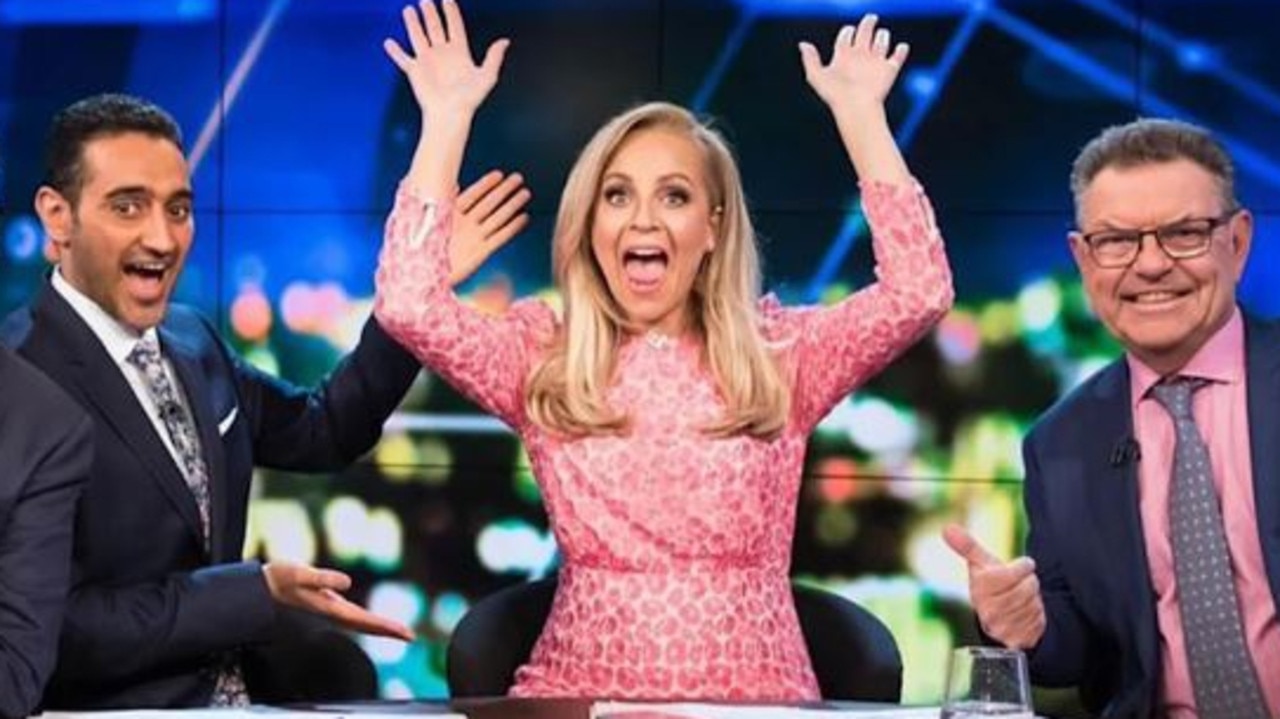Questions about Treaty trumping policing on a political timeline should be squarely asked
When we can’t keep police stations open, should Treaty be front and centre of the Allan government’s priorities?

Opinion
Don't miss out on the headlines from Opinion. Followed categories will be added to My News.
Despite the well-oiled PR machine, every now and then cracks emerge that give us a look into the inner workings and true priorities of government.
The Allan government has for months now been boasting they are focused on what matters most – a not-so-subtle nod to Dan Andrews’ long-used “doing what matters’’ slogan.
What actually matters is not clear; it appears to depend on the day of the week, so it might be roads, or crime, or the health system, or the economy.
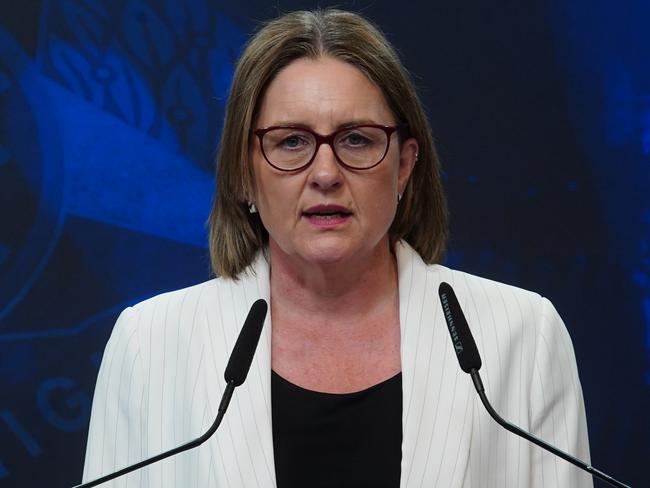
We got a glimpse of what really matters to the Allan government during the annual farce that is the parliament’s Public Accounts and Estimates Committee probe of the state budget.
It began last week and proceeded as expected: Opposition MPs playing gotcha politics while government MPs questioned semi-prepared ministers reading from well-prepared scripts.
It might be dressed up as transparent budgeting and government scrutiny, but it’s in fact an annual exercise in deflection and information suppression.
Except when priorities of the government become a little clearer.
Strikingly we learned last week that Victoria’s troubled police force may not be fully staffed for another five years.
Despite relaxing entrance requirements for recruits, acting Chief Commissioner Bob Hill told PAEC it could be 2030 before the 1100 vacant positions were filled.
There are a host of reasons why police are leaving the beat and new recruits are not rushing to sign on to the job.
But it comes as Victoria Police is under pressure from the government to undergo a massive organisational restructure to make more than $1bn in savings.
And yet, at the very same time, we learned from PAEC the government wants to have the statewide Treaty in place before the end of the 2025-26 financial year, just 12 months away.
Talk about priorities.
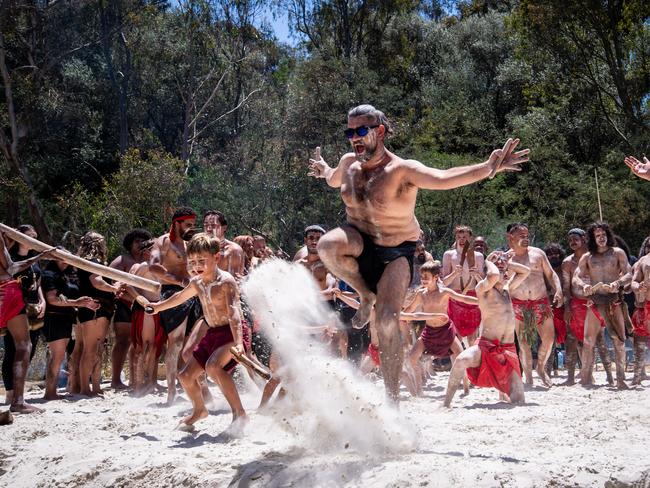
In her backflips on bail crackdowns and fast-tracking of machete bans, Premier Jacinta Allan has admitted we are in the midst of a crime crisis.
And yet it would seem the government’s focus is squarely on Treaty when it could be pumping more money into responding to crime and properly resourcing our police.
It’s true the government should be able to walk and chew gum at the same time, to execute a Treaty and keep Victorians safe.
But when it appears one is so underwhelmingly managed, questions about Treaty trumping policing on a political timeline should be squarely asked.
Of course, in spite of the huge electoral hurdle facing the Coalition going into next year’s election, the government is not confident of winning a historic fourth term.
And if it doesn’t, its Treaty hopes will be dead and buried under a Coalition government.
Perhaps it is in Treaty that Allan sees her legacy.
Already hundreds of millions has been spent on the Treaty process from funding the First Peoples’ Assembly of Victoria to establishing the Treaty Authority.
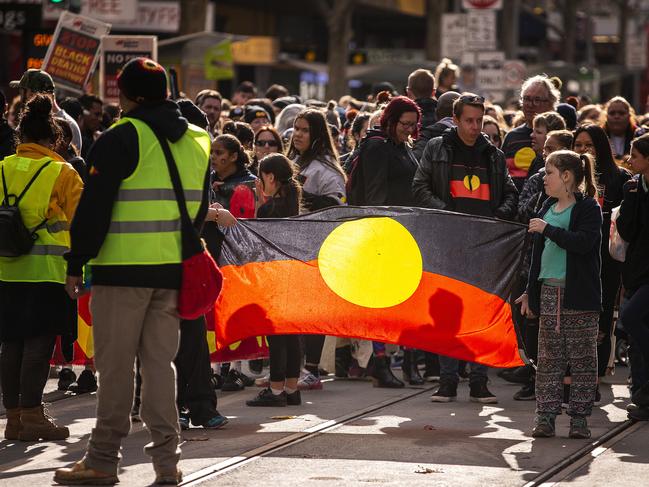
Long-term costs will likely include Treaty settlements, increased direct funding to Aboriginal-controlled bodies and institutional change like embedding Treaty principles in law.
The government argues this is a long-overdue investment in justice and reconciliation that will deliver better social outcomes and economic returns over time.
But critics say it’s an open-ended, expensive process Victoria cannot afford while carrying record debt, cutting services and facing potential credit downgrades.
Northern Territory’s decimated Labor government learnt last year the peril of ignoring crime as an issue of genuine community concern.
Crime, especially in Alice Springs and Darwin, became the flashpoint issue of the general election campaign – and Labor never really had an answer.
While they talked up police investment and community programs, the visible reality told another story: smashed shopfronts, stolen cars, frightened residents.
The Opposition seized on this with a tough-on-crime platform that, though blunt, resonated.
Last week, police stations were shut or forced to run on limited hours as officers were diverted to monitor the A-League grand final.
Police sources said up to 900 police were deployed to the event, a claim aired at PAEC and not rejected as incorrect by acting Chief Commissioner Hill.
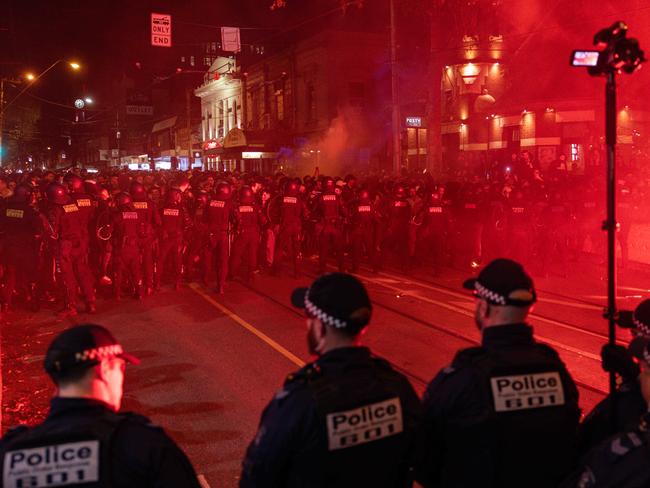
When we can’t keep police stations open, should Treaty be front and centre of government priorities?
There was one other little nugget worth noting out of PAEC last week: the failure of Roads Safety Minister Melissa Horne to recall key details about the state’s road safety plan.
She blamed it on her “tired old brain”.
The aspect she forgot was speed, something the Transport Accident Commission has been actively campaigning on since 1994 when it introduced its “Don’t Fool Yourself, Speed Kills” slogan.
Everyone makes mistakes, but the worry for the Allan government is gaffes like Horne’s become symbolic in the public conscience of an almost 12-year-old tired old government.
Because if that takes hold, there will not be much that can shift that view from voters’ minds.
Not even a Treaty.



